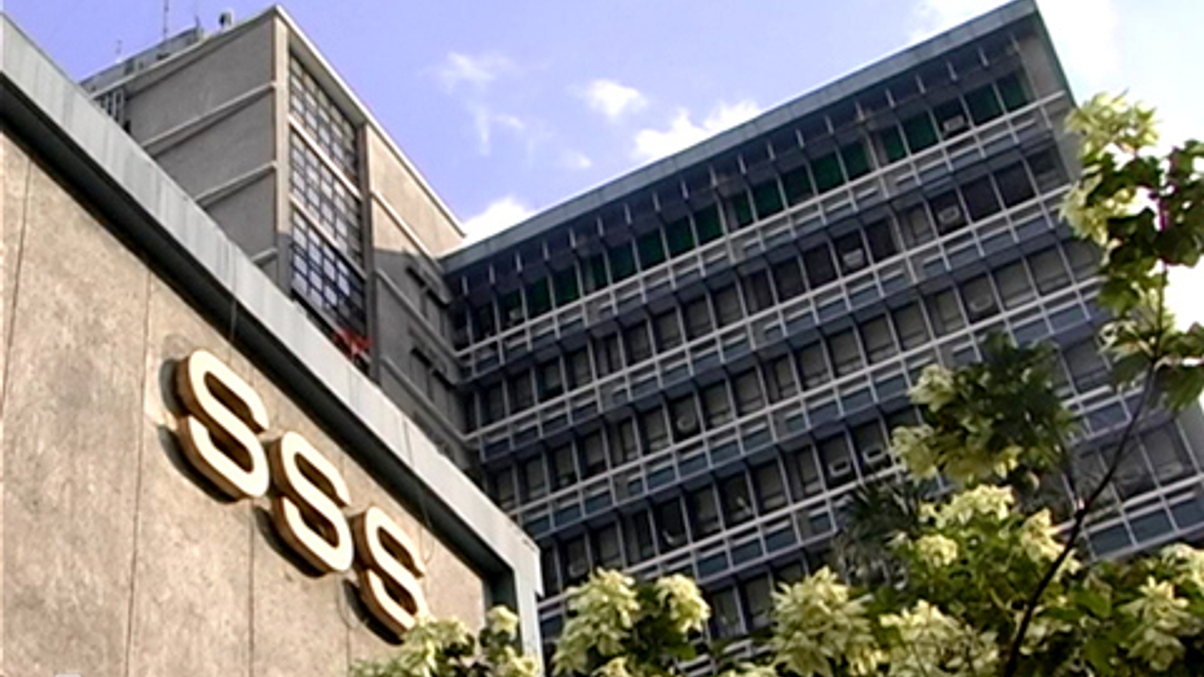Philippine state pension delays debut mandates
The $10 billion Social Security System has been planning to award portfolios to external fund houses for the first time, but must wait for a new chief to be named before it can proceed.

The Philippines' Social Security System is having to delay the outsourcing of its first investment mandates to domestic asset managers pending the appointment of a new head.
Sign in to read on!
Registered users get 2 free articles in 30 days.
Subscribers have full unlimited access to AsianInvestor
Not signed up? New users get 2 free articles per month, plus a 7-day unlimited free trial.
¬ Haymarket Media Limited. All rights reserved.


